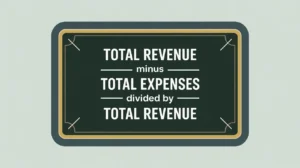Importance of Management Letter
A management letter communicates auditors’ observations about a nonprofit’s internal controls, systems, and practices beyond the formal audit opinion. This matters because it highlights weaknesses, risks, or opportunities for improvement that leadership can address proactively. For nonprofits in social innovation and international development, management letters provide insight into how financial and compliance systems can be strengthened across multiple grants and geographies. Boards and audit committees value management letters because they offer practical guidance for improving governance and operations.
Definition and Features
A management letter is defined as a written communication from external auditors to an organization’s board and management following an audit, outlining findings and recommendations not included in the official audit opinion. Key features include:
- Focus on Improvements: highlights deficiencies in internal controls or processes.
- Recommendations: suggests corrective actions to reduce risks.
- Non-Binding: does not affect the official audit opinion but carries weight for governance.
- Confidentiality: usually shared only with management and the board.
Management letters differ from audit reports because they are advisory rather than opinion-based.
How This Works in Practice
In practice, auditors issue a management letter alongside audited financial statements. For example, an NGO’s audit may result in a clean opinion but the management letter may highlight issues such as weak segregation of duties or late reconciliations. Leadership discusses these findings with finance teams, develops corrective action plans, and reports progress to the board’s audit committee. In well-governed organizations, management letters become part of ongoing risk management and capacity building.
Implications for Social Innovation
For nonprofits in social innovation and international development, management letters are valuable opportunities to strengthen systems before risks escalate. Transparent engagement with findings reduces information asymmetry by showing stakeholders that leadership takes accountability seriously. Donors appreciate organizations that act on management letter recommendations, while nonprofits benefit from improved efficiency, compliance, and trust. By treating management letters as learning tools, organizations can enhance resilience and sustain systemic change.







